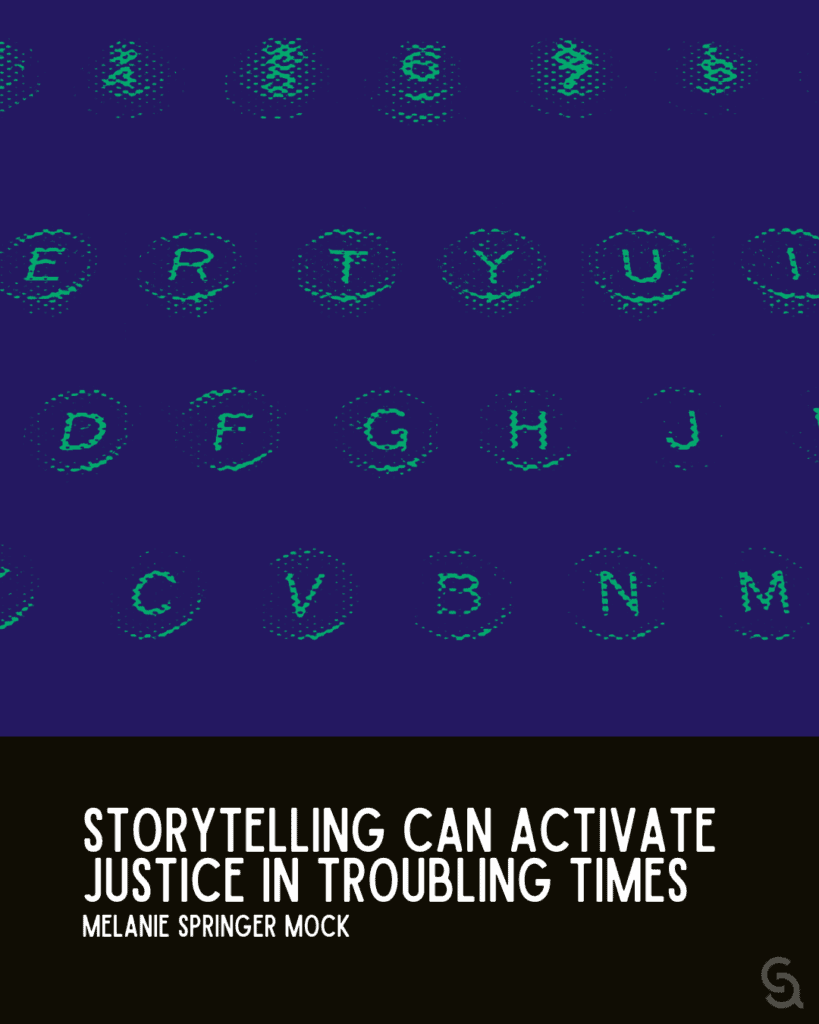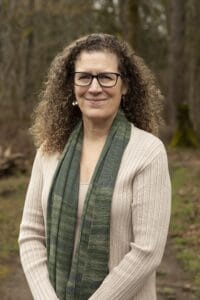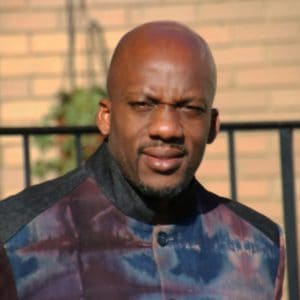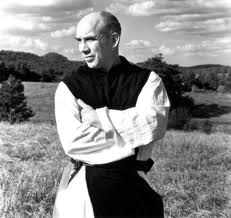 Textbook orders for the spring semester were due in a few days, the 2024 presidential election still a month away. In January, I’d begin teaching International Women’s Literature for the first time in 20 years, and to freshen up my reading list, I added several books from “best of” lists—authors I’d not read before, but whose work seemed appropriate for the course’s objectives.
Textbook orders for the spring semester were due in a few days, the 2024 presidential election still a month away. In January, I’d begin teaching International Women’s Literature for the first time in 20 years, and to freshen up my reading list, I added several books from “best of” lists—authors I’d not read before, but whose work seemed appropriate for the course’s objectives.
At that moment in early October, I was surfing a crest of optimism and joy about my country’s future, though a niggling anxiety kept me from feeling too hopeful—as it turns out, for good reason. When spring semester started at the Christian university where I teach, 25 students and I embarked on a reading list that spoke to our current condition in ways I couldn’t have fathomed when, months earlier, I’d ordered texts for a different world entirely.
This spring, we read eight novels, as well as poems and short stories. The students also wrote their own narratives—full of grief, fear, and despair. Both the reading and writing sparked in many of them—and in me—a longing to do something, anything, to create a more empathetic, more kind, more loving world.
In other words, storytelling activated us to do justice in troubling times.
When Literature Echoes the Headlines
While we were reading Slow Noodles, a memoir by Chantha Nguon, inflamed rhetoric about immigration and race was gaining momentum in the United States. News broke that 250 Venezuelan men were sent to a Salvadoran prison without due process, and Immigration and Customs Enforcement (ICE) officers began disappearing immigrants from U.S. streets.
Nguon writes about her family’s harrowing experience as ethnic minorities in Cambodia during the Pol Pot regime, their escape from the killing fields, and the 10 years she spent in a Thai refugee camp trying to return home. In reading Nguon’s memoir, we learned more about the peril of being a refugee—condemned because of skin color and ethnicity—and resolved to find sanctuary for our immigrant neighbors, similarly condemned.
While we were reading Woman at Point Zero by Egyptian writer Nawal El Saadawi, news reports surfaced about rising maternal and infant mortality rates in the U.S., following abortion restriction laws in some states so strict that even miscarriages were treated as criminal acts—causing women to bleed out in hospital parking lots. Saadawi’s novel critiques the subjugation of women in Egypt and the ways women’s very existence threatens patriarchal systems. In reading her scathing condemnation of patriarchy, we saw more clearly how misogyny threatens women’s lives here, too, and resolved to fight harder for our sisters, similarly imperiled.
While we were reading Human Acts by Nobel Prize winner Han Kang, students at several U.S. universities were arrested and faced deportation for protesting Israel’s genocide in Gaza.
Kang’s novel is based on a student-led democratic uprising in 1980 Korea and the subsequent deaths of hundreds at the hands of government forces. The novel turns on this question: What makes people become kind or cruel—the victim of government-sponsored violence, or its perpetrators?
“What is humanity?” Kang’s character asks. “What do we have to do to keep humanity as one thing, and not another?”
That question lingered with me long after our semester ended, especially as ICE raids became increasingly more cruel. As children in Gaza were dying of unnecessary starvation—life-saving food denied them. As parents, hoping to feed those children, were shot while queuing for food. As the U.S. decided to drop bombs on Iran. As some of my neighbors cheered our government’s decision to fund bombs and immigration detention centers, but not food or health care.
What do we have to do to keep humanity as one thing, and not another?
The Transformative Power of Story
When so much is wrong in the world, when horrors unfold daily at the hands of those with power and wealth, it’s easy to feel despair. And in despair, to believe that any creative effort is self-indulgent or worthless. We might wonder why we should spend time crafting stories when vulnerable people are simply trying to survive another day without food, without protection, without basic human rights.
So it might seem facile to assert that the creative act—storytelling in particular—is one way we can assure the flourishing of humanity and its best impulses: empathy, kindness, justice, mercy, love. But the books we read this spring, and the stories my students wrote in response, testify to the important role storytelling plays in our lives—helping us know what it means to be human, created in God’s very image, and to act based on that knowing.
Of course, stories can also reflect our depravity. People have been violent, craven, and power-hungry since time’s beginning, and stories often bear witness to how humans cause others to needlessly suffer. Some stories are used as manipulation—to wield power and perpetuate harmful mythologies. But then, as the poet Keats notes, “Truth is beauty, beauty truth.” I’m inclined to believe that stories used in service of deceit are not truly stories at all.
Beautiful stories amplify the resilient spirit of those who seek and speak truth, and who refuse to be broken by those demanding fealty.
In reading about the resilience of others, we become more resilient; in reading about hope in the midst of despair, we become more hopeful; in reading about those who work for justice in their time and place, we are also inclined to seek justice.
Storytelling allows us to foster humanity as one thing, and not another.
Last week, as I was drafting this short article, two prominent justice-minded storytellers made national news.
Andrea Gibson (they/them), Colorado’s poet laureate, died of ovarian cancer at age 49. Gibson’s spoken-word poetry focused on social justice, LGBTQ issues, and mental health. They believed that the arts are a potent form of advocacy.
One example: their poem MAGA Hat in a Chemo Room reflects on the shared experience of life, suffering, and death—even across political divides. Gibson’s poetry reminds us of who we are—or who we could be—if we truly believe in God’s all-encompassing love.
The other storyteller, Stephen Colbert, learned that CBS would cancel his show in May 2026, despite its popularity and his boldness in speaking truth to power—a boldness that likely contributed to the show’s demise. Colbert’s public professions of faith and his use of humor to advocate for justice often put him at odds with government leaders who tried to silence him.
Somehow, I imagine Colbert will continue to make people laugh through the stories he tells—a powerful reminder that storytelling reflects joy, resilience, truth, beauty, and God’s image.
That alone is reason to rejoice. And then to begin again—to tell stories that matter and that activate justice in those who have ears to hear.
 Melanie Springer Mock is professor of English at George Fox University, in Newberg, Oregon, where she primarily teaches first-year writing, memoir, and journalism courses. She is author or coauthor of six books, including Finding Our Way Forward (Herald Press, 2023). Her essays and reviews have appeared in Ms. Magazine, The Nation, Christian Feminism Today, Chronicle of Higher Education, and Anabaptist World, among other places.
Melanie Springer Mock is professor of English at George Fox University, in Newberg, Oregon, where she primarily teaches first-year writing, memoir, and journalism courses. She is author or coauthor of six books, including Finding Our Way Forward (Herald Press, 2023). Her essays and reviews have appeared in Ms. Magazine, The Nation, Christian Feminism Today, Chronicle of Higher Education, and Anabaptist World, among other places.


